Ricardo Nagaoka, Francesca Allen, Clément Chapillon and Brant Slomovic will travel across California and document the lesser-know sides of the Golden State
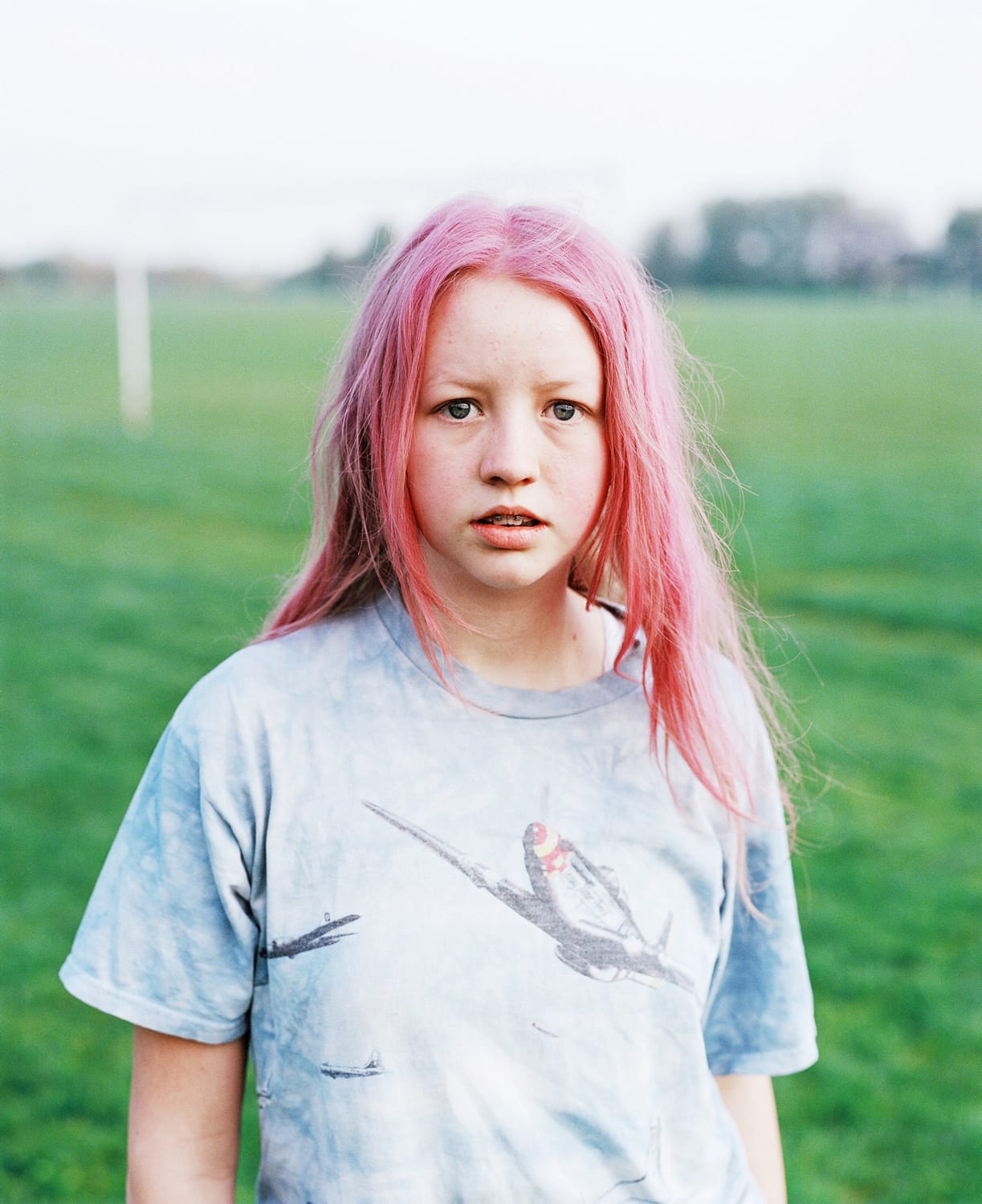

Ricardo Nagaoka, Francesca Allen, Clément Chapillon and Brant Slomovic will travel across California and document the lesser-know sides of the Golden State
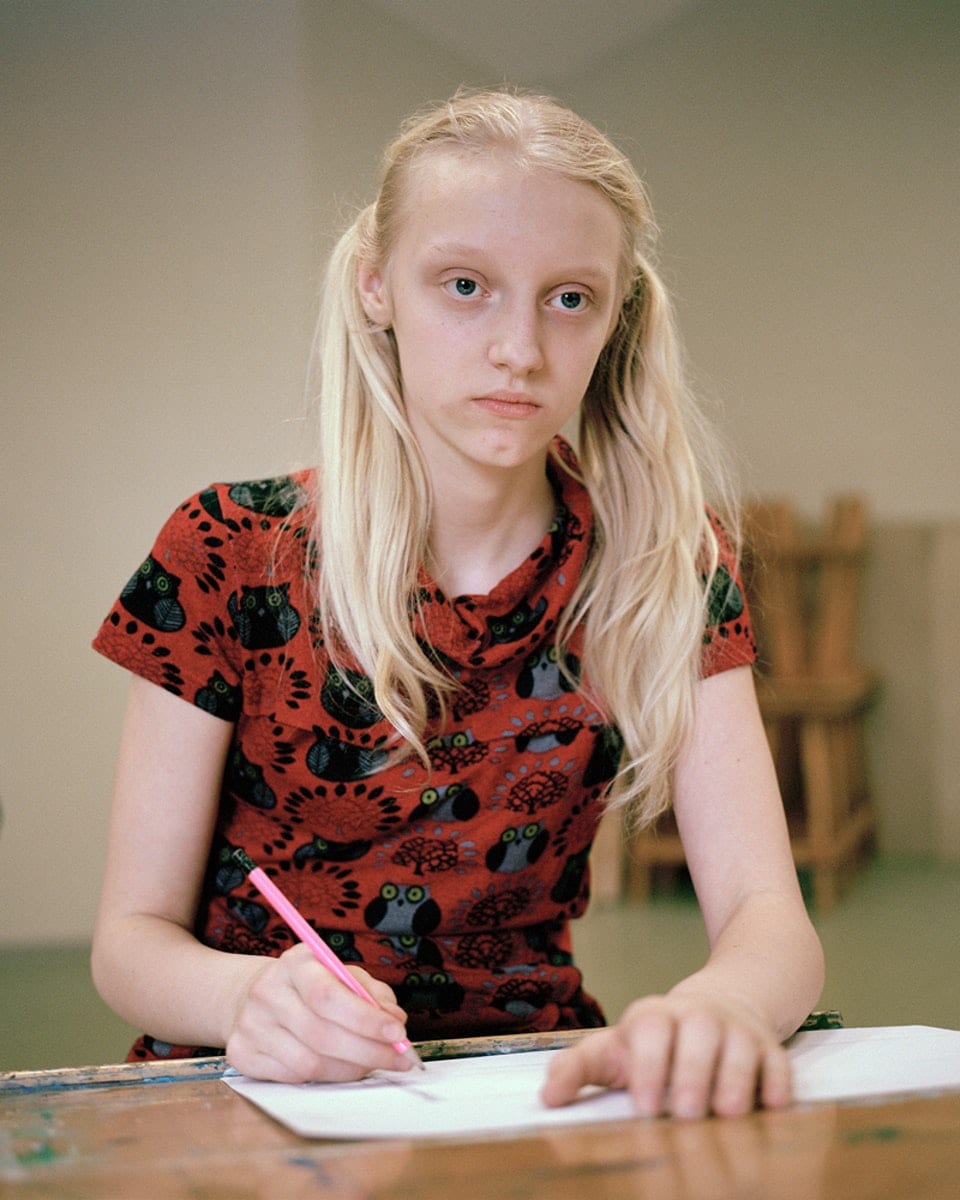
An exclusive British Journal of Photography commission will give one photographer £5,000 to investigate fracking in the UK. With only four days left to enter, we share a selection of the strongest entries to date
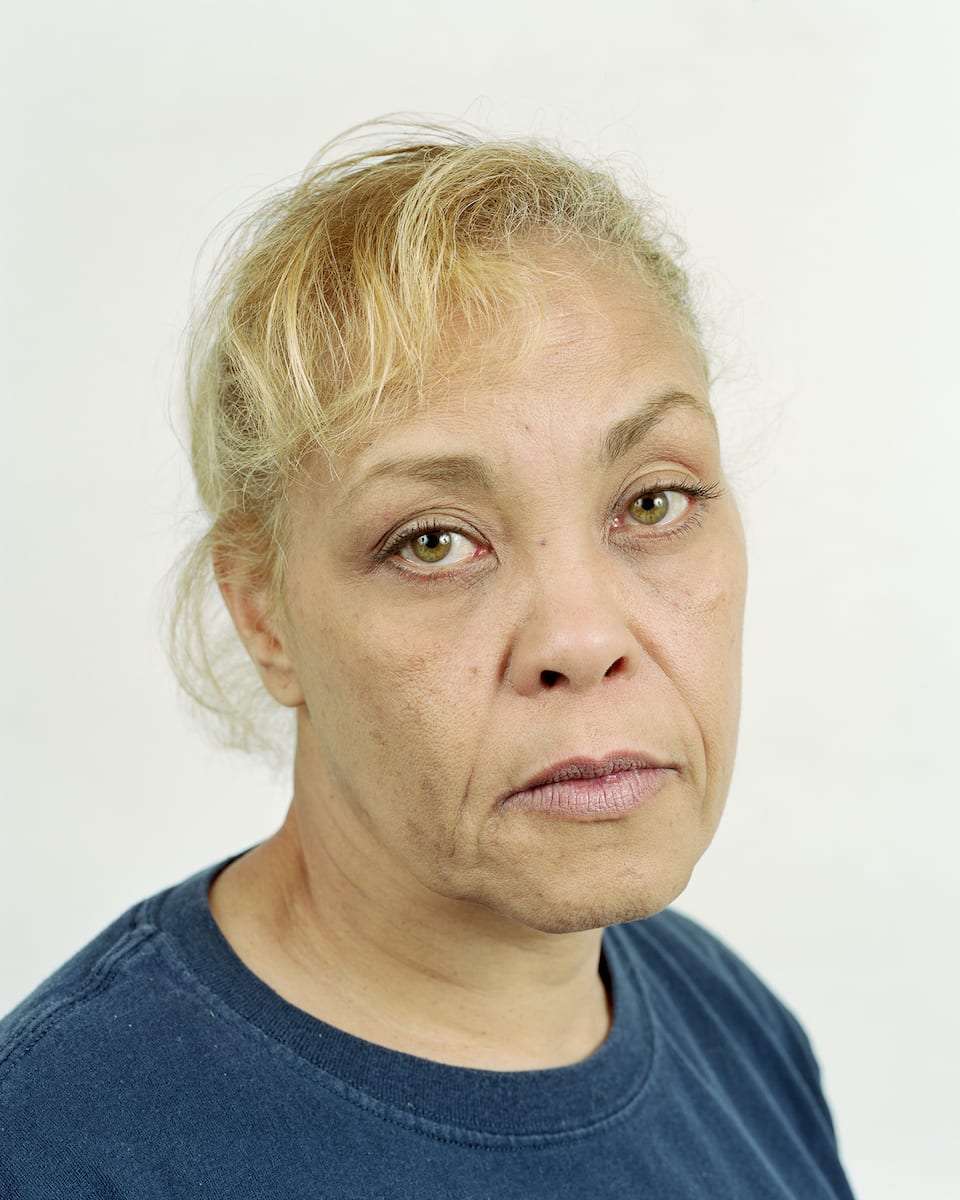
The Marcellus Shale Documentary Project explored the state of Pennsylvania capturing the myriad effects of fracking on environments and communities throughout it
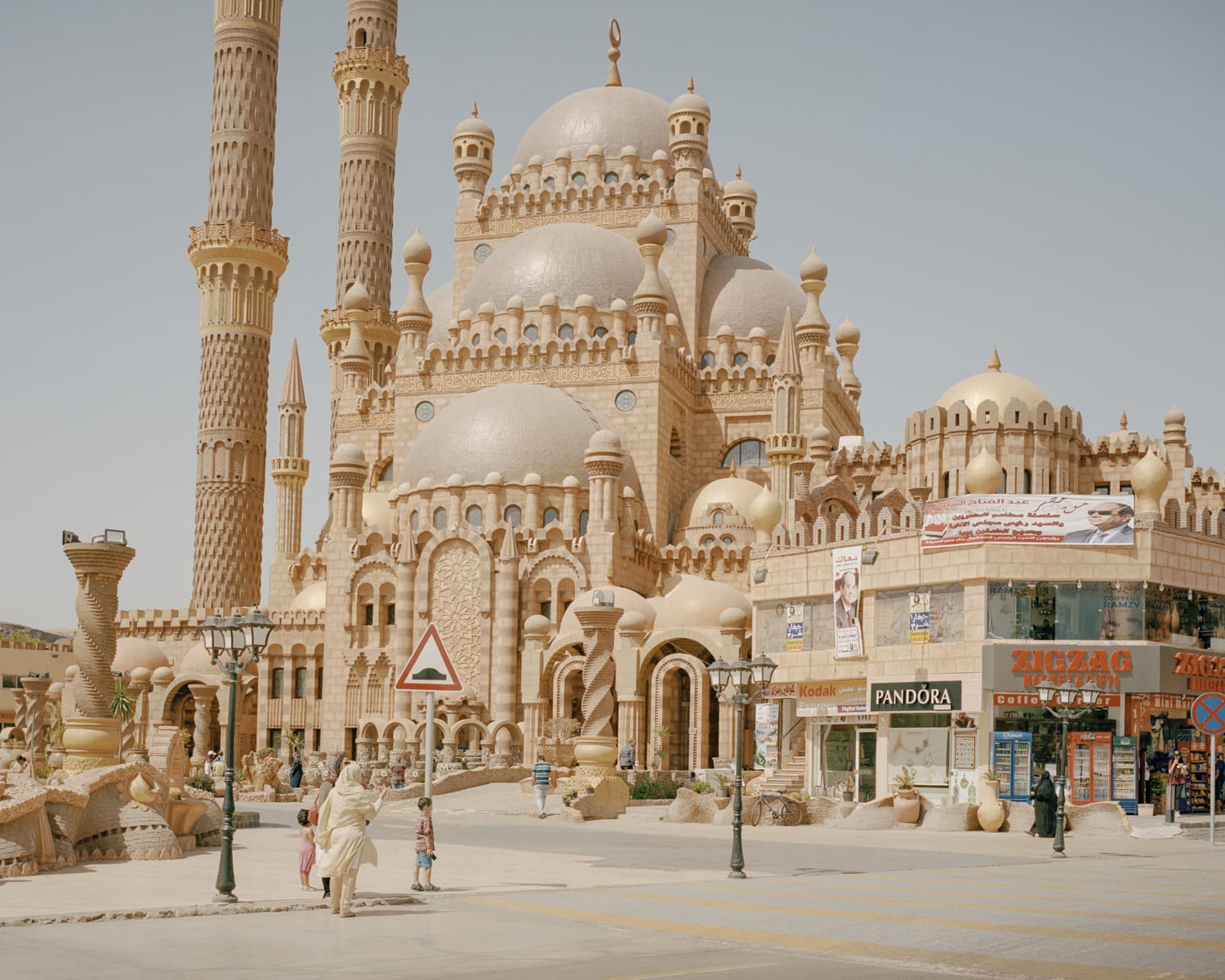
The Melbourne-based photographer traversed Egypt investigating the demise of its tourist industry in the aftermath of the Arab Spring
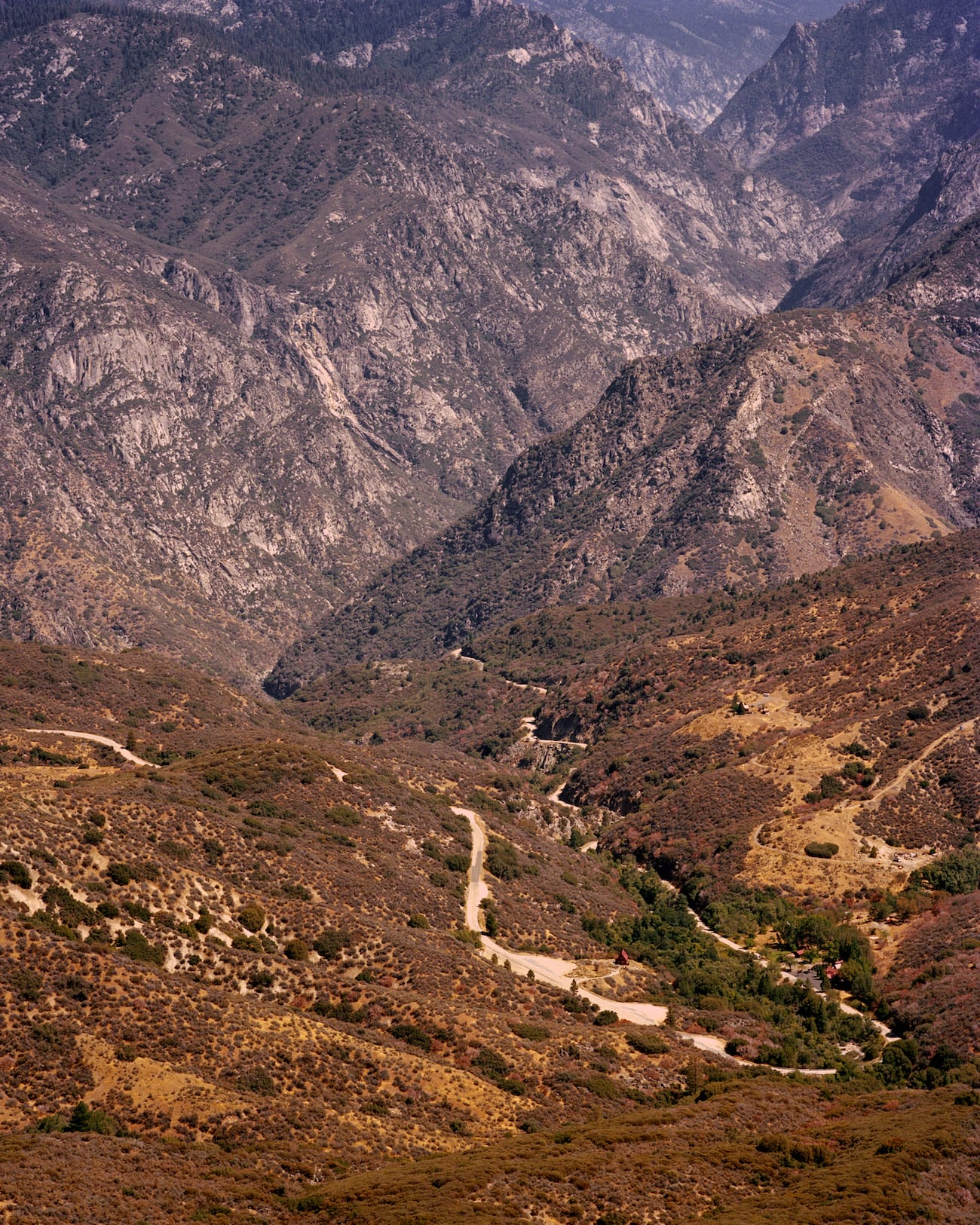
Road trip across the Golden State on an exclusive British Journal of Photography commission, in partnership with Visit California. Enter now for your chance to win!
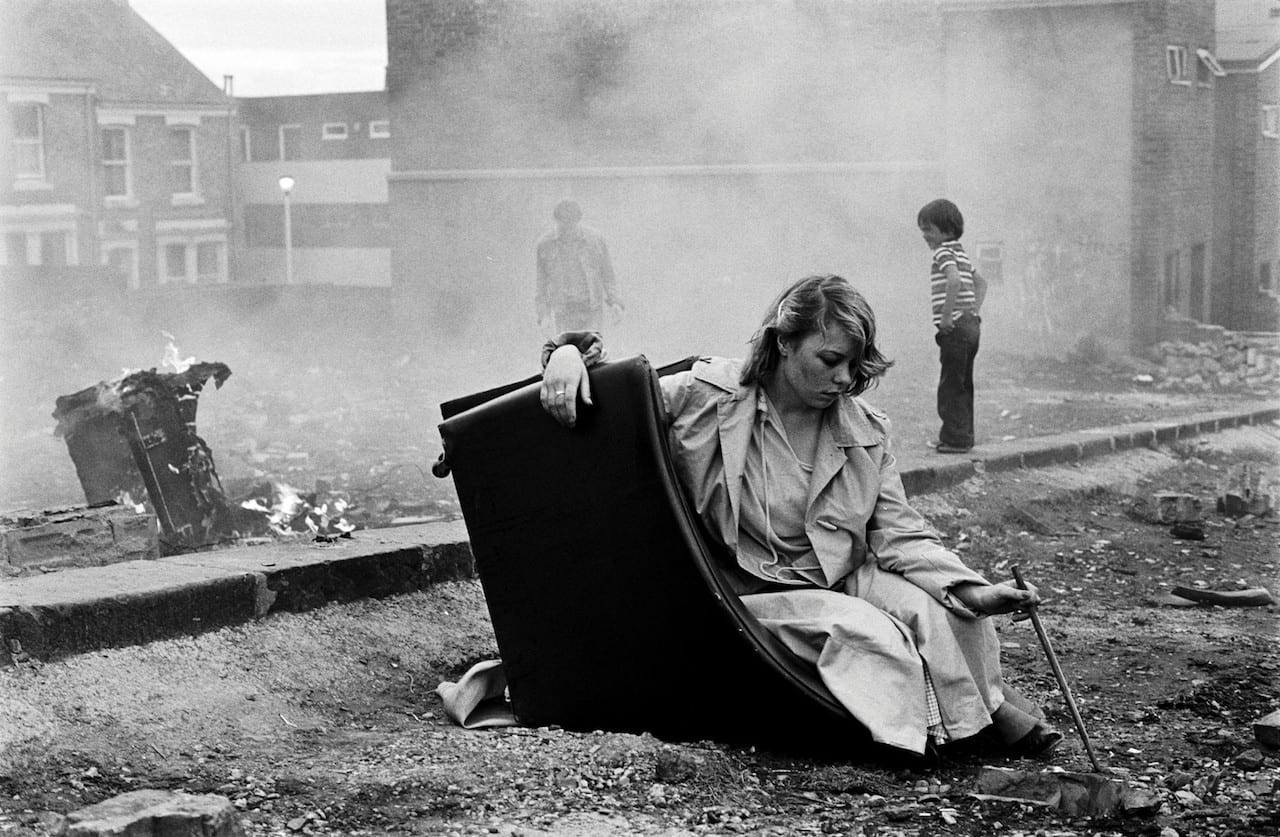
“Tish believed that photography was an important form of visual communication that could stimulate discussions about real life situations and captured accurate records of the world we live in. She was trying to force people to look at the truth and learn from it,” explains Ella Murtha, the daughter of the documentary photographer. In honour of her mother’s memory, Ella has put together a new photobook, Youth Unemployment, which gathers Tish Murtha’s work photographing poverty-ridden communities in Newcastle in the 70s and 80s. Raw, powerful and emotional, Murtha has captured youngsters trying to survive turbulent economic times, when they had limited prospects – something which has recently come full circle as a new generation has had to deal with the global financial crisis.
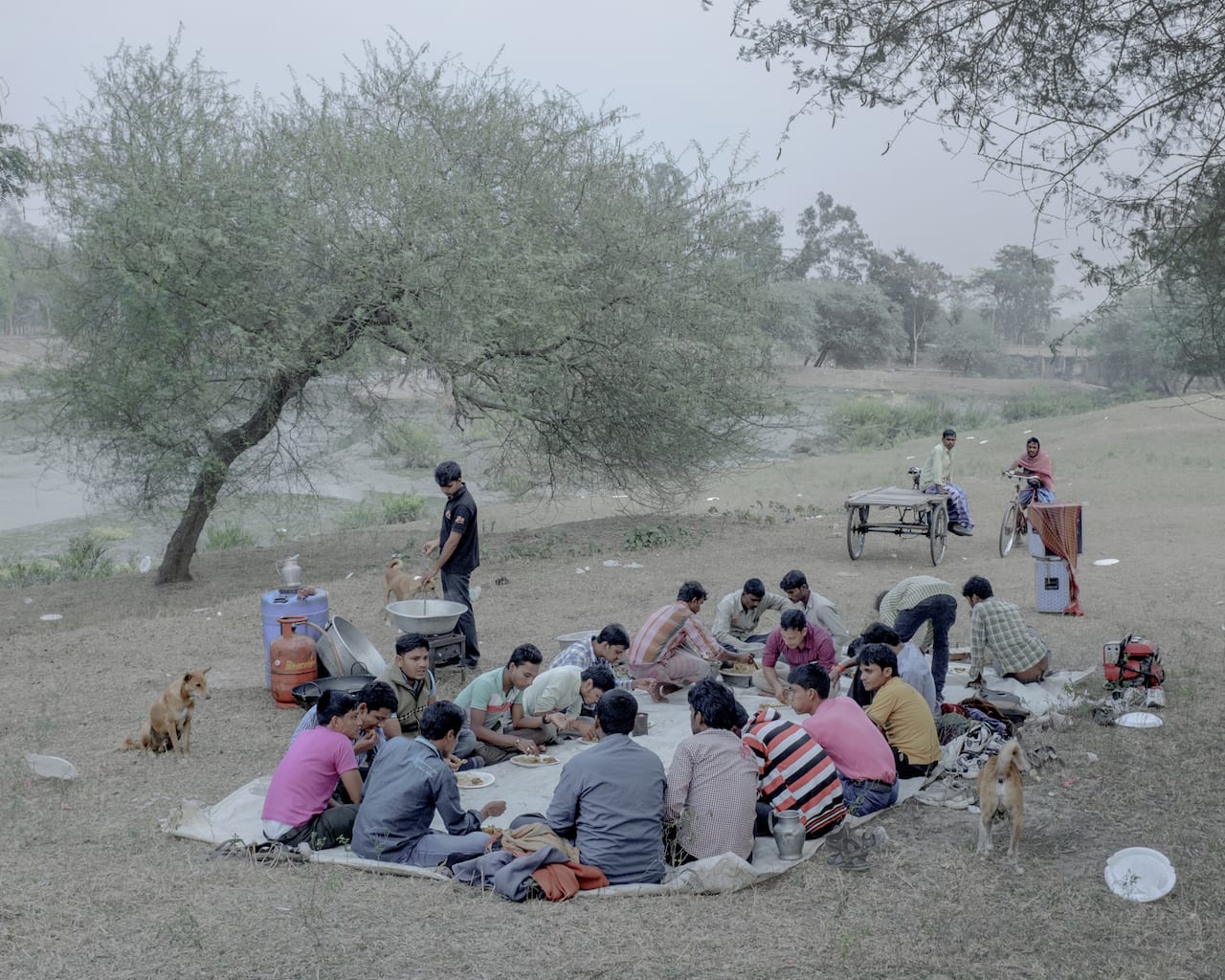
Indian photographer Arko Datto (b.1986) completed two masters degrees in theoretical physics and mathematics before deciding to take a “leap of faith into photography”. After studying photography at the Danish School of Journalism in Aarhus, his long-term projects have since been published in leading international publications, such as TIME and National Geographic. For PIK-NIK, Datto spent the last five winter seasons photographing picnic spots across eastern India, primarily in West Bengal but also in Jharkhand and Orissa. Here, families and colleagues converge for a day of food, drink and revelry before departing at sunset, leaving piles of rubbish in their wake. “Vats of freshly slaughtered chicken, sacks of vegetables and an arsenal of pots, pans and gas cylinders are lugged along, taking cooking en plein air to a whole new level,” says Datto.